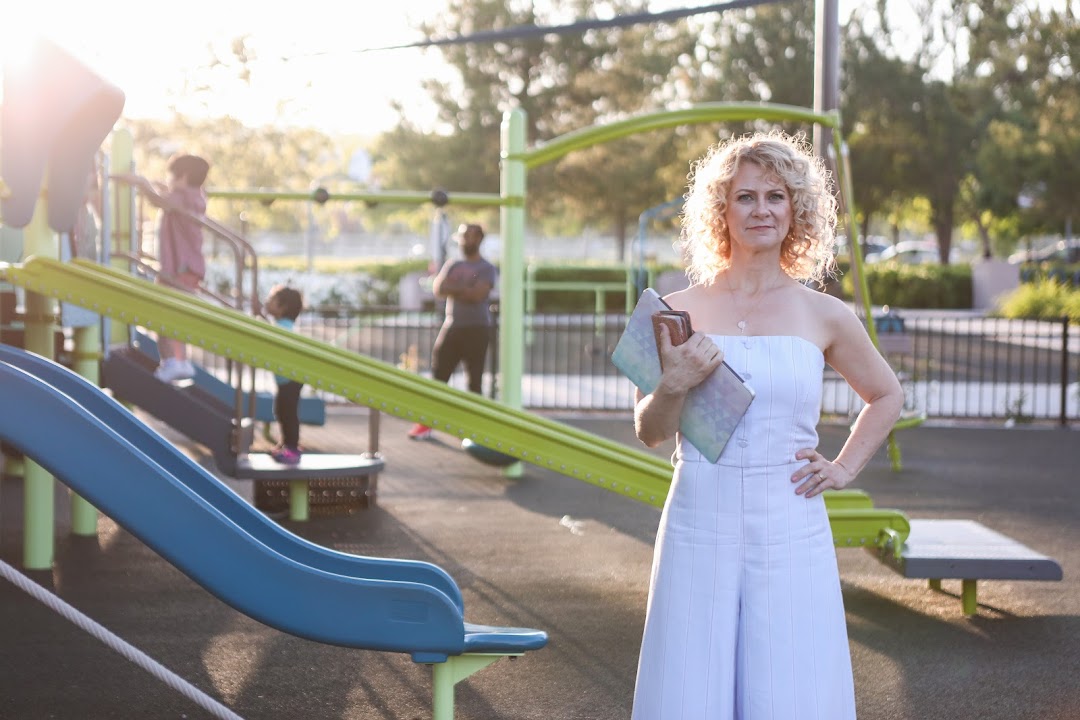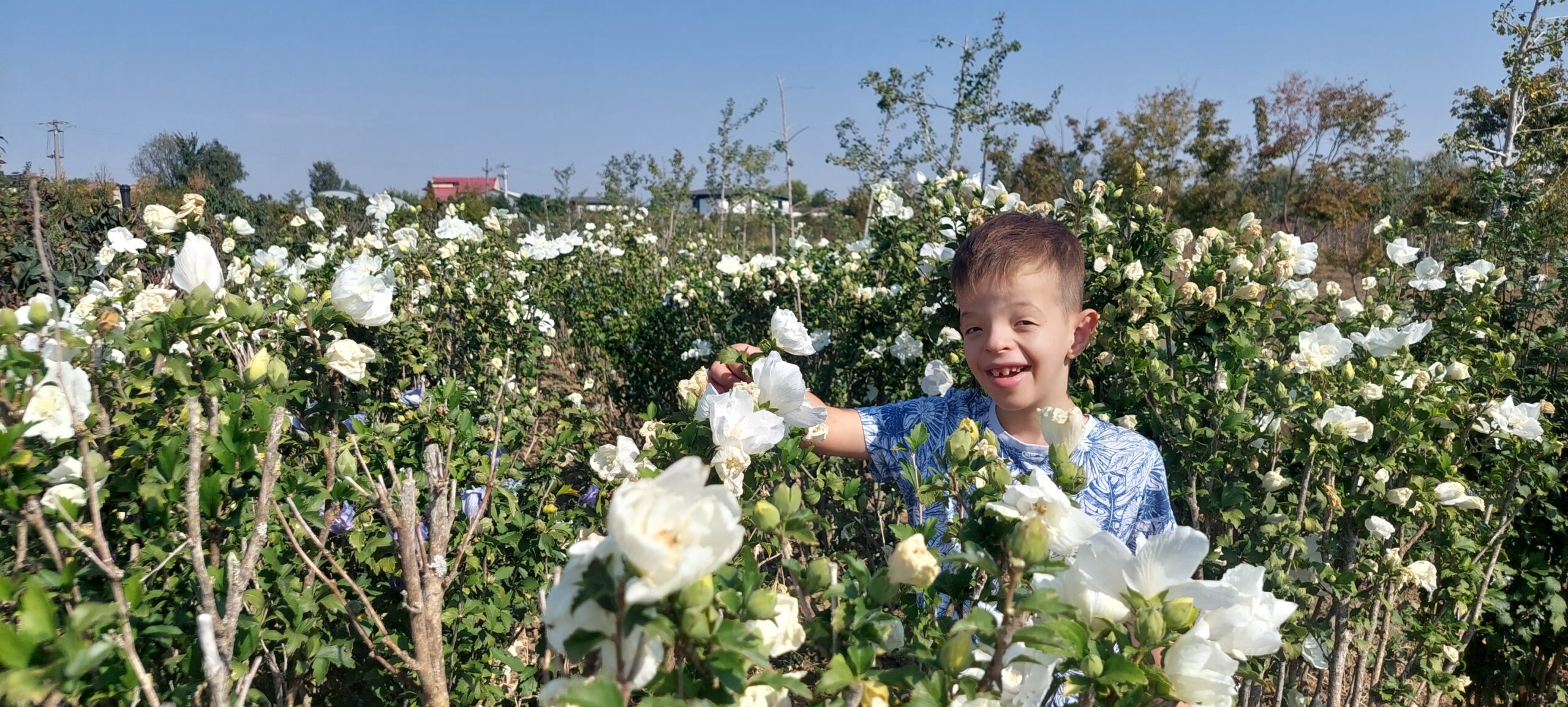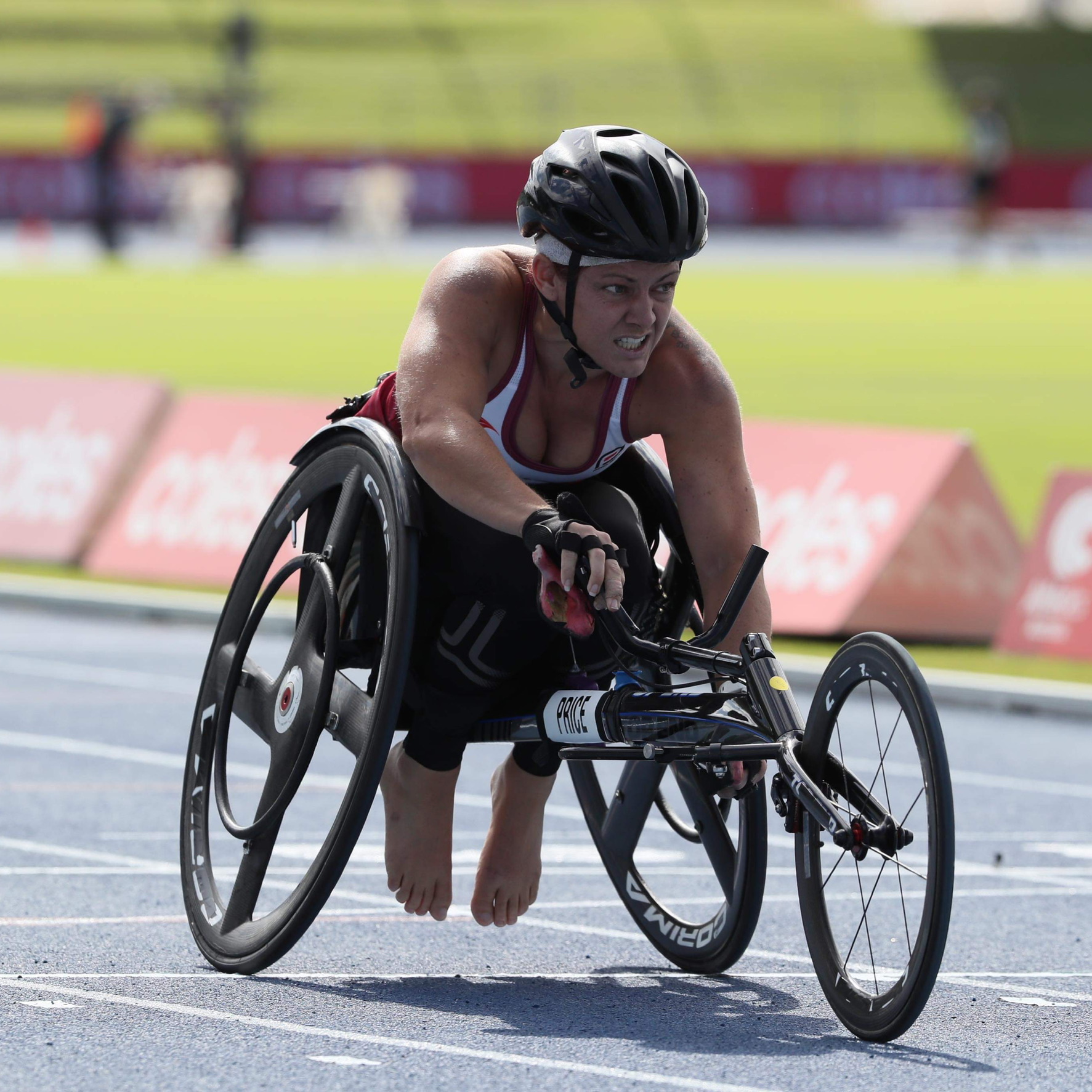“I have loved every single day of being a nurse”
More than three decades after Michelle Beaver began her career, the award-winning cardiology nurse is as dedicated as ever. We caught up with her on International Nurses Day to talk about the improvements she’s seen in patient care and medtech.
“My experience is predominantly cardiology, which has changed dramatically over the 29 years I’ve worked in this field,” Michelle tells This Is MedTech.
“At the beginning when people would come in with heart attacks and cardiac arrests, the initial treatment was clot-busting drug via an infusion pump, then a few days of observation. After that, they’d be sat in a chair for two days, then they were able to mobilise for a couple of days before being sent home. That’s if everything was straightforward.”
What used to be a minimum one-week treatment has been whittled down significantly. “Nowadays, they’re straight into a catheter lab from the ambulance, blocked artery opened and secured by a stent, and home within three days.”
“I nurse so many varieties of cardiac patients who are still alive due to the way technology has advanced,” notes Michelle. “Patients with heart rhythm disturbances or heart failure are fitted with either a pacemaker or defibrillator inside them.”
A pacemaker is a small electrical device that’s surgically implanted in a patient’s chest. It sends electrical pulses to their heart to keep it beating regularly and not too slowly. An implantable cardiac defibrillator is a device that monitors the heart rate and delivers a strong electrical shock to restore the heartbeat to normal in the event of an abnormally fast heart rate. “A device is scanned over their skin, and the settings and heart rhythms are analysed by a machine,” Michelle explains.
“What is also amazing is people born with heart defects, who used to die in early childhood,” she comments. “Now we have many patients living far into their adult lives by having surgery. Following surgery, their heartbeats are monitored via telemetry channels, which can pick up abnormal patterns. I occasionally work at a central station where a nurse is designated on each shift to observe, write reports, and contact the wards with details of any issues, or if all’s stable. Most days these patients also have an electrocardiogram, which records their heart’s electrical activity. I love teaching newly qualified nurses and students about the variety of heart rhythm abnormalities.”
Michelle’s passion for helping people has spilled over into her personal life, where she’s constantly supporting charities like Marie Curie UK and Merseyside Jewish Community Care. She’s won multiple awards for her contributions – the most recent one being the Royal Voluntary Service’s 2023 Coronation Champions award, which celebrates the work of extraordinary volunteers across the country.
As a nurse who has trained and worked across many wards in her 30+ years, she’s seen it all. She’s also experienced her fair share of family illness, with her father and sister having a hereditary kidney condition requiring dialysis and transplants, and her mother succumbing to cancer. “I feel the illness in my home life helped me become a more empathic nurse,” she says. “I treat every patient I have the way I’d like my family members to be treated.”
A big thank you to Michelle and nurses everywhere for your invaluable contribution to our health!






